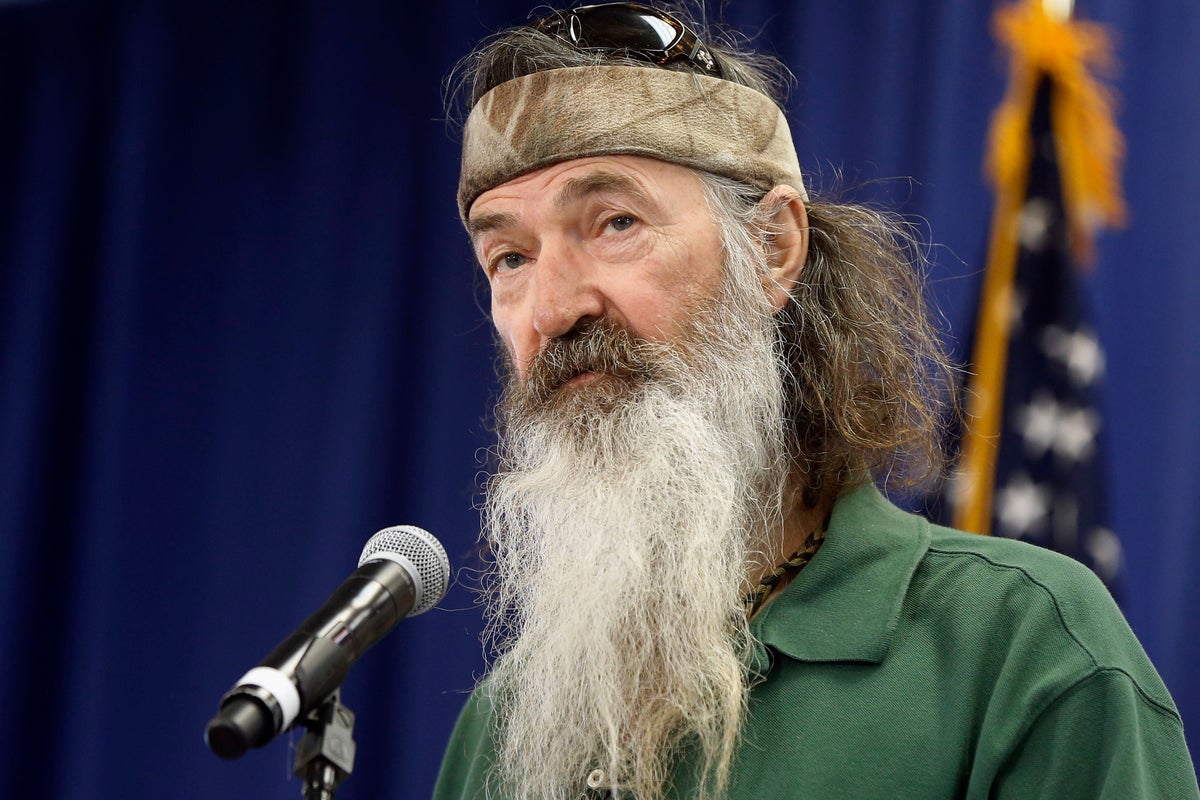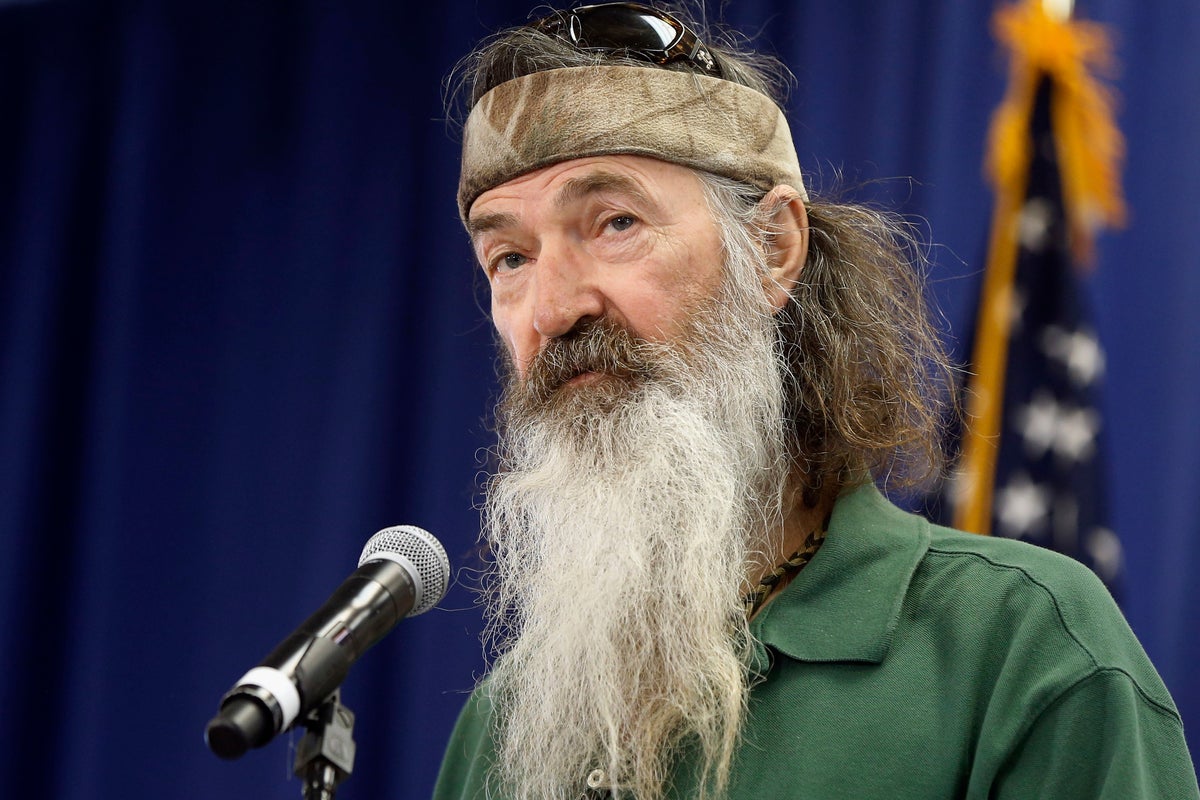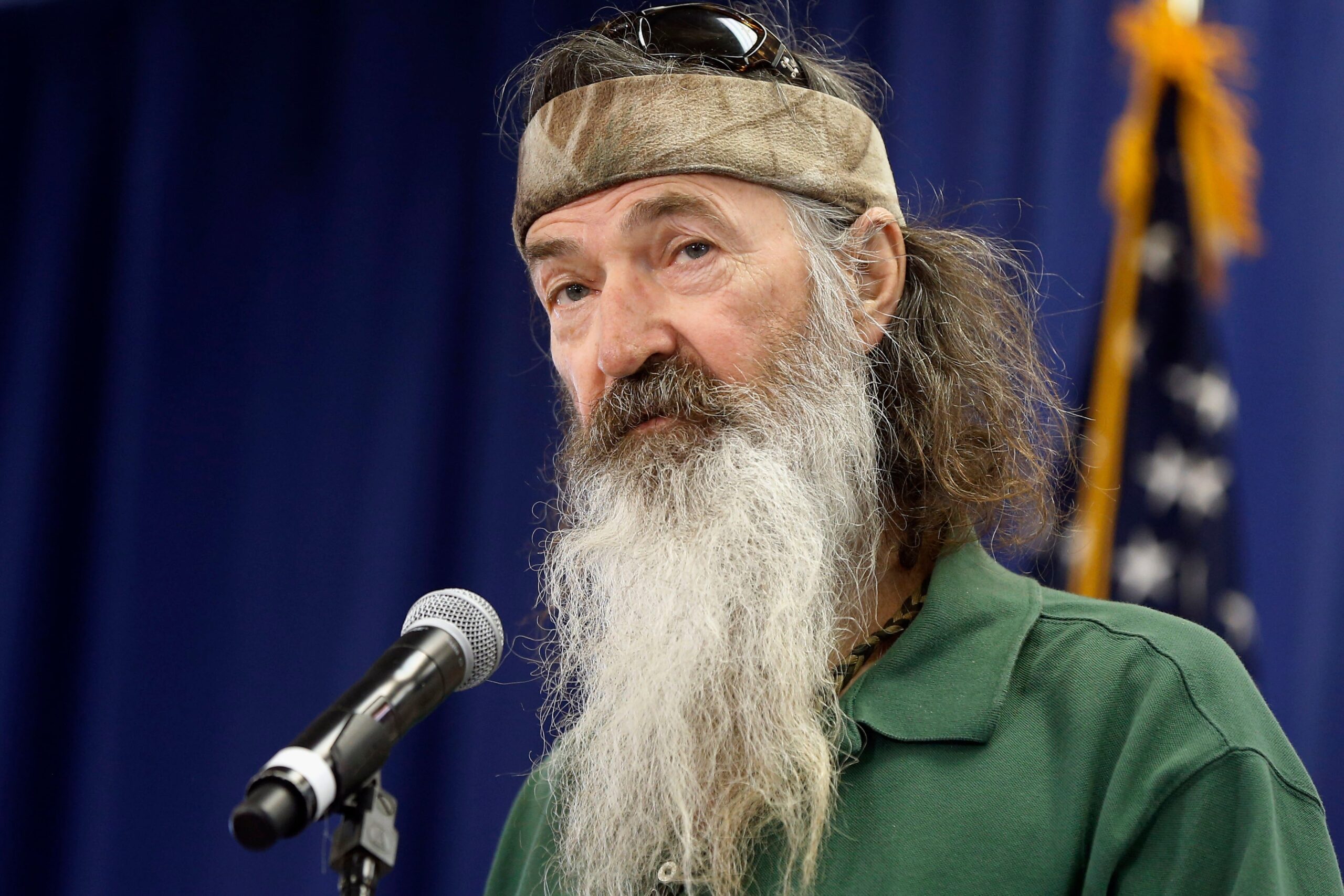## From Duck Calls to Cultural Firestorm: The Life and Legacy of Phil Robertson
He was a bearded bible-thumping duck call entrepreneur who became a global phenomenon, sparking both fervent devotion and furious backlash. Today, the world mourns the passing of Phil Robertson, patriarch of the “Duck Dynasty” clan and a conservative icon whose unwavering beliefs and outspoken personality polarized audiences.

Reality TV Gold: Analyzing the Show’s Formula and Its Success in Capturing the Zeitgeist

“Duck Dynasty” wasn’t just another reality show; it was a cultural phenomenon that tapped into a specific vein of American sentiment in the early 2010s. The show’s success can be attributed to several factors, starting with its unique premise. While many reality shows focused on manufactured drama and interpersonal conflicts, “Duck Dynasty” offered a glimpse into a seemingly idyllic world of family, faith, and a down-to-earth lifestyle.
The show’s protagonists, the Robertson family, were presented as a tight-knit, God-fearing group who ran a successful duck call business. Their strong values, witty banter, and folksy charm resonated with audiences who were looking for something different from the polished, often superficial world of traditional television.
The show’s creators understood the power of authenticity. By showcasing the Robertsons’ lives in a relatively unscripted manner, they created a sense of intimacy and connection with viewers. This approach, combined with the family’s larger-than-life personalities and the unique setting of rural Louisiana, made “Duck Dynasty” a captivating watch.

Conservative Values on Display: Exploring the Show’s Portrayal of Family, Faith, and Traditional Values
“Duck Dynasty” wasn’t just entertaining; it also served as a platform for the Robertson family’s conservative values. The show prominently featured their strong Christian faith, traditional family structures, and unwavering belief in American patriotism. These themes resonated with a significant portion of the American population who were seeking a sense of shared identity and values in a rapidly changing world.
The show’s portrayal of family life was particularly appealing to viewers. The Robertsons were shown to be a close-knit, supportive unit who placed a high value on family tradition and unity. Their strong emphasis on faith and morality provided a sense of stability and moral guidance in a society often perceived as increasingly secular and morally ambiguous.
While “Duck Dynasty” celebrated traditional values, it also offered a somewhat idealized view of rural American life. The show’s idyllic setting, the family’s close-knit community, and their seemingly simple lifestyle appealed to viewers who were yearning for a simpler time and a stronger sense of belonging.

Controversy and Backlash: The Robertson Family’s Outspoken Views and Their Impact on Public Perception
“Duck Dynasty” wasn’t without its controversies. The Robertson family’s outspoken views on homosexuality, race, and other social issues sparked intense debate and criticism. In 2013, Phil Robertson, the patriarch of the family, made inflammatory remarks about gay people and African Americans in an interview with a magazine. These comments led to his suspension from the show by A&E, sparking a massive backlash from both supporters and detractors.
The controversy surrounding Phil Robertson’s remarks highlighted the deep divisions within American society on issues of social justice and equality. While some viewers defended his right to express his beliefs, others condemned his statements as hateful and discriminatory. The incident forced A&E to confront the complex challenges of balancing free speech with its responsibility to promote inclusivity and respect for all individuals.
Ultimately, A&E reversed its decision to suspend Phil Robertson, citing the overwhelming support from the show’s fans. This decision further fueled the controversy and sparked ongoing debate about the role of conservative values in mainstream media.

Phil Robertson’s Impact and Legacy: Beyond the Beard
A Voice for Conservatism
Phil Robertson became a prominent voice for conservative Christians in America. His outspoken views on faith, family, and traditional values resonated with a large segment of the population who felt their beliefs were increasingly marginalized in mainstream culture. “Duck Dynasty” provided a platform for Robertson to share his worldview with a vast audience, solidifying his status as a cultural icon for the conservative movement.
The Power of Faith
Robertson’s deep faith played a central role in his life and worldview. His unwavering belief in Christianity permeated every aspect of “Duck Dynasty,” from the family’s daily routines to their business practices. The show’s emphasis on faith appealed to viewers who valued religious values and sought a sense of spiritual guidance in their lives.
Enduring Appeal
Despite the controversies and his passing, Phil Robertson’s legacy continues to captivate audiences. The Robertson family’s story, their unwavering commitment to their Christian faith, and their down-to-earth charm have resonated with viewers for over a decade. “Duck Dynasty” remains a popular show on streaming platforms, reminding us of the enduring power of family, faith, and the pursuit of the American dream.
Conclusion
The passing of Phil Robertson, the larger-than-life patriarch of “Duck Dynasty” and a figure deeply ingrained in conservative culture, marks a significant moment. His media presence, built on a foundation of family values, religious conviction, and a down-to-earth persona, resonated with millions, shaping a distinct brand of Americana. Robertson’s outspokenness on social and political issues, often controversial and polarizing, further cemented his status as a cultural icon, sparking both fervent support and equally strong opposition.
Though his public image often revolved around hunting, beards, and family, Robertson’s legacy transcends mere entertainment. He tapped into a powerful vein of traditionalism and religious faith, providing a platform for values often marginalized in mainstream media. This raises important questions about the future of representation in a rapidly evolving cultural landscape. Will his brand of conservatism continue to find adherents, or will his passing signal a shift in the priorities of the audience he so deeply influenced? Only time will tell.
